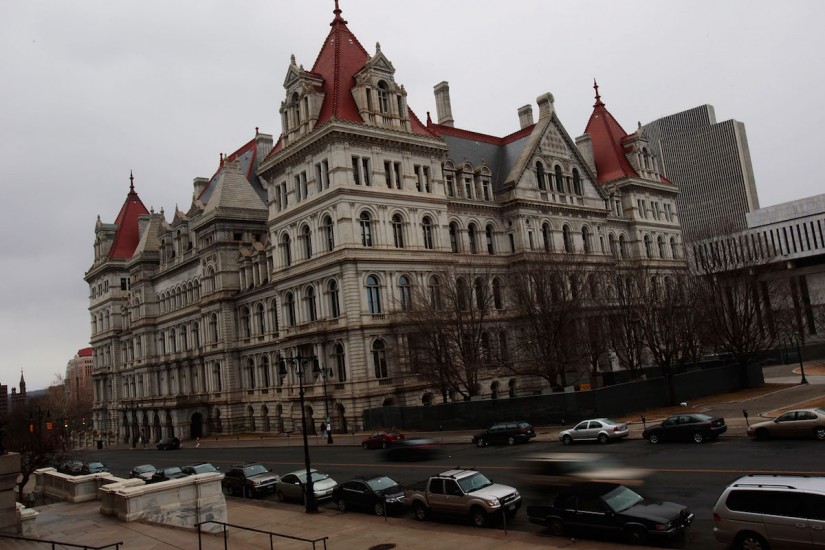Gerald Gamm of the University of Rochester and Thad Kousser of the University of California, San Diego, took on the monumental task of examining the fate of 1,736 pieces of legislation in 13 states over 120 years. All of the bills dealt with issues affecting one particular big city in a given state, so rural and suburban legislators had no practical reason to oppose them. Nevertheless, they did. Gamm and Kousser found that big-city bills were approved at a rate 15 to 20 percentage points lower than other pieces of legislation. “The great narrative in urban politics,” they concluded. “has been a story of unremitting hostility.”
In making that judgment, the two were reinforcing the view held by a large group of scholars over more than a century. “Not only do state legislatures interfere with the fundamental rights and pettiest details of city affairs,” the political scientist Charles Beard wrote in 1912, “but their consent is required for some of the most insignificant undertakings of municipal government.” Gamm and Kousser demonstrate that Beard was right about the early 20th century, and he was right about the early 21st as well: Cities get cheated in legislative politics. And the more that a single city dominates its state, the more often it loses in the legislature. You might call that the Gotham Syndrome.
But the results still beg the question of what sets this prejudice in motion. Why would a rural lawmaker from upstate New York go out of his way to squelch legislation that has zero effect on him or his constituents? Gamm and Kousser looked into several different possibilities.
